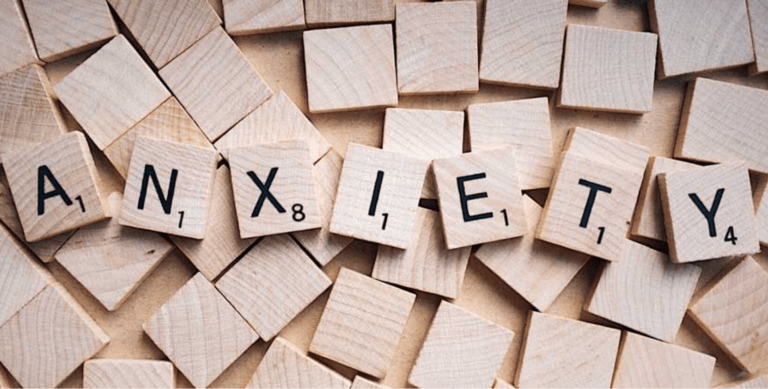When your child is sick, you probably take them to their pediatrician.
But what happens when they’re facing emotional problems they can’t handle on their own? In many cases, therapy can help.
Of course, it’s understandable, as a parent, to have some reservations about taking your child to a therapist. And quite rightly so. It’s a big decision that shouldn’t be taken lightly.
In therapy, your child can learn to express their problems and communicate them in a way that they may not be able to do with you or another family member or friend. But, is it really necessary?
Before you decide whether to commit to therapy for your child, it’s important to know when it can help and how it can help.
When to Consider Therapy for a Child
There are many different reasons you might consider therapy for your child. First, a therapist can help your child to work through different feelings and emotions. This is especially helpful if your child (or teenager) is going through a difficult time in life.
Some common reasons a child may need therapy include:
- Bullying at school
- Divorce/disturbance at home
- Domestic violence
- Personal health problems
- Trauma
Sometimes kids will show you they are having difficulties through their behavior (acting out/aggression, sleep problems or tummy aches) and therapy can be helpful in those cases too. It’s not always easy for adults to work through their emotions on their own. But for a growing child who may not fully be able to understand every situation, it’s even more difficult. And parents may also feel helpless when confronted with some situations their child has to deal with.
Therapy helps children to understand their feelings and why they’re experiencing different emotions. If your child is sad, angry, stressed, or has low self-esteem, a therapist can help them to work out those emotions and develop different ways to manage them.
Moreover, children can also be affected by the same mental health conditions as adults. In these cases, therapy becomes even more important and more helpful. From ADHD and depression to OCD and anxiety, children with mental health struggles often need to see a therapist in order to manage their symptoms and find some relief.
How Therapy Can Help Your Child
There are many different factors that come into play during therapy. Depending on your child’s age, the therapist and your child may use play to communicate about any struggles they might be facing.
As therapy visits continue, the child works through the struggle, problem solves and finds support in the therapy relationship, which can generalize into other relationships. Through play therapy children often come away with the following:
- Feeling more competent
- Better able to identify their feelings
- Utilize problem-solving skills
Obviously, it’s important to choose a therapist you can trust for your child. That will make it easier to keep appointments and encourage your child to actively participate. Not only do you need to feel comfortable with their therapist, but you need to be willing to ask them questions as they come up.
It’s a collaborative effort for the benefit of your child.
So, can therapy really help your child? Absolutely!
When a child is struggling with behavioral issues or is simply going through a tough time, it can feel overwhelming for them. Taking them to a qualified, experienced therapist can give you peace of mind, and can help them through whatever they might be dealing with.
If you’re considering therapy for your child but you’re still on the fence, feel free to contact me. I’m happy to talk to you about what you can expect, and how therapy can have a positive impact on your child.






